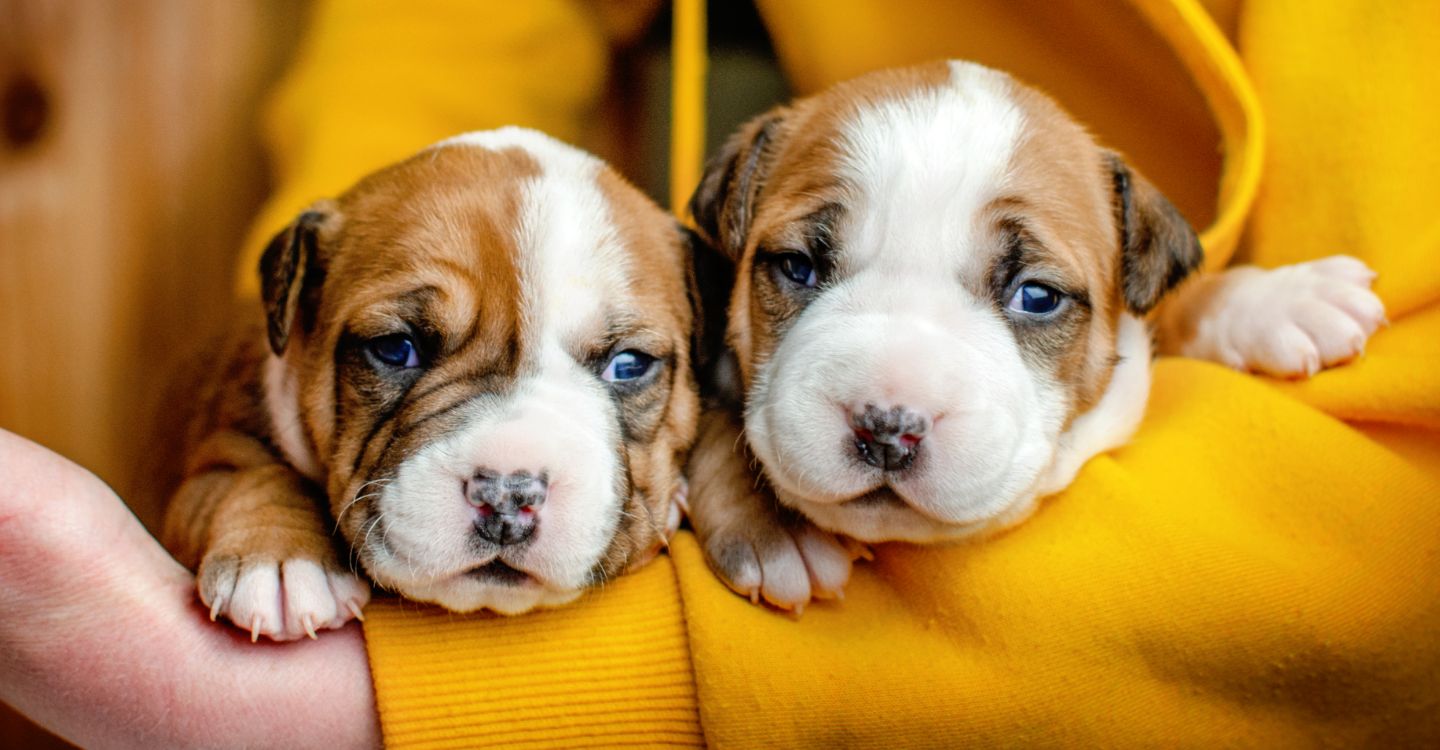Unfortunately, many scams and fraudulent activities are happening in the pet industry. Soon-to-be pet parents must be cautious when purchasing a puppy or kitten from a breeder.
We’re often so excited to take our new fluffy companion home, that we forget to pay attention to details regarding the breeding process, health guarantees, and socialisation practices that a reputable breeder is meant to follow. Sometimes, the well-intentioned buyer agrees to an online transaction, where the pet doesn’t really exist.
If you’re looking for good advice on how to spot bad breeders, read this:
It's im-paw-tant to take some precautions to avoid getting scammed
Do some research on the breed you have in mind and the possible breeders. If you’ve found an appealing source (the best options will be KUSA registered), visit the breeder in person and trust your instincts before agreeing to commit.
6 ways to spot a bad breeder:
- Lack of transparency: A reputable breeder should be willing to answer any questions you have about their breeding programme, the health and temperament of their animals, and their breeding practices.
- No health guarantees: A responsible breeder typically offers a health guarantee for their animals. If the puppy/kitten develops a genetic health problem within a certain period, the breeder will either refund your money or offer a replacement.
- Overbreeding: A bad breeder may breed their animals too frequently, or breed ones that are too young or old. This can lead to health problems for both the mother and the babies.
- Lack of socialisation: Pets that are not adequately socialised during their early weeks may develop behavioural issues later on. A responsible breeder will ensure that their animals are exposed to various people, other animals, and experiences – so they grow up well-adjusted.
- No screening for genetic disorders: Certain breeds are prone to specific genetic disorders. A responsible breeder will screen their breeding animals for these disorders and only breed those that are free from them.
- Unsanitary conditions: If the breeding area is dirty or the animals appear to be living in unsanitary conditions, it may be a sign that the breeder is not taking proper care of them.
Help others to avoid a scam
If you suspect that a breeder is not reputable, it's best to look for a different breeder who follows ethical breeding practices. Don’t be afraid to report fraudulent or unethical breeders!



